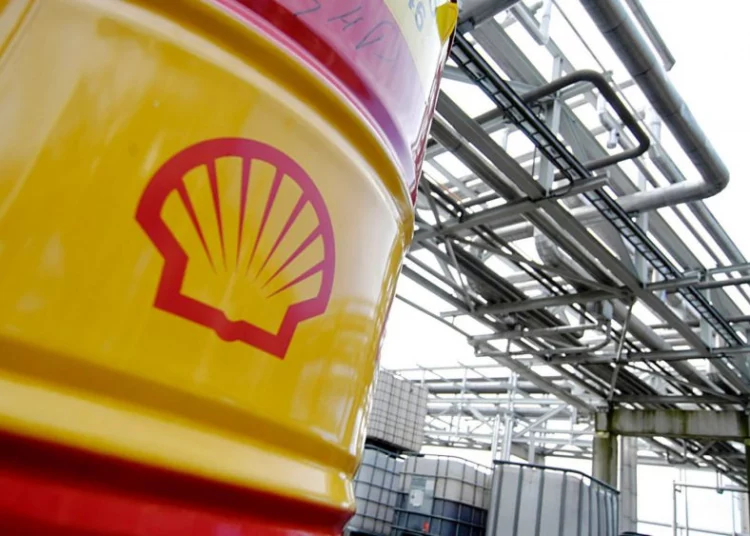Oil giant, Royal Dutch Shell, is pushing towards acquiring African solar provider, Daystar Power as it expands its global renewables portfolio, the companies said, yesterday.
Shell is one of the most influential oil producers in Africa, but the Daystar purchase is its first power acquisition on the continent, underscoring a mandate to halve greenhouse gas emissions by 2030.
“As we do this, we’re helping to address a critical energy gap for many who currently rely on diesel generators for backup power,” Shell’s vice president for renewable generation, Thomas Brostrøm, said in a statement.
Neither Shell nor Daystar commented on the sale price.
Shell has earmarked $2 billion to $3 billion in capital expenditure for renewables and energy solutions in 2022.
Daystar, headquartered in Lagos, provides off-grid power to commercial and industrial clients in Ghana, Nigeria, Senegal and Togo, offering solar and hybrid power solutions with battery storage.
It has 300 power installations with solar capacity of 32 megawatts, but aims to boost capacity to 400 MW by 2025.
It also plans to expand to eastern and southern Africa, a goal that Daystar chief executive Jasper Graf von Hardenberg said would be easier to reach with Shell.
“For the next stage – really becoming a pan-Africa power provider – it requires an investor with the same vision. Someone really with sufficient firepower to finance this growth,” he told Reuters.
Pending regulatory approvals, Shell will fully own Daystar, but von Hardenberg and the management team will continue to run the company.
Shell’s renewables and energy solutions division accounted for 6 per cent of company earnings in the second quarter, but new chief executive Wael Sawan, who takes over in January, is stepping up the drive for cleaner power, sources have told Reuters.
It has shifted hundreds of experienced oil and gas staff into renewables and in April bought India-based renewable power platform Spring Energy group for $1.55 billion.
Shell has said, delivery of its clean-energy strategy ‘will be as dynamic under the new CEO as it has been under the current CEO.’





